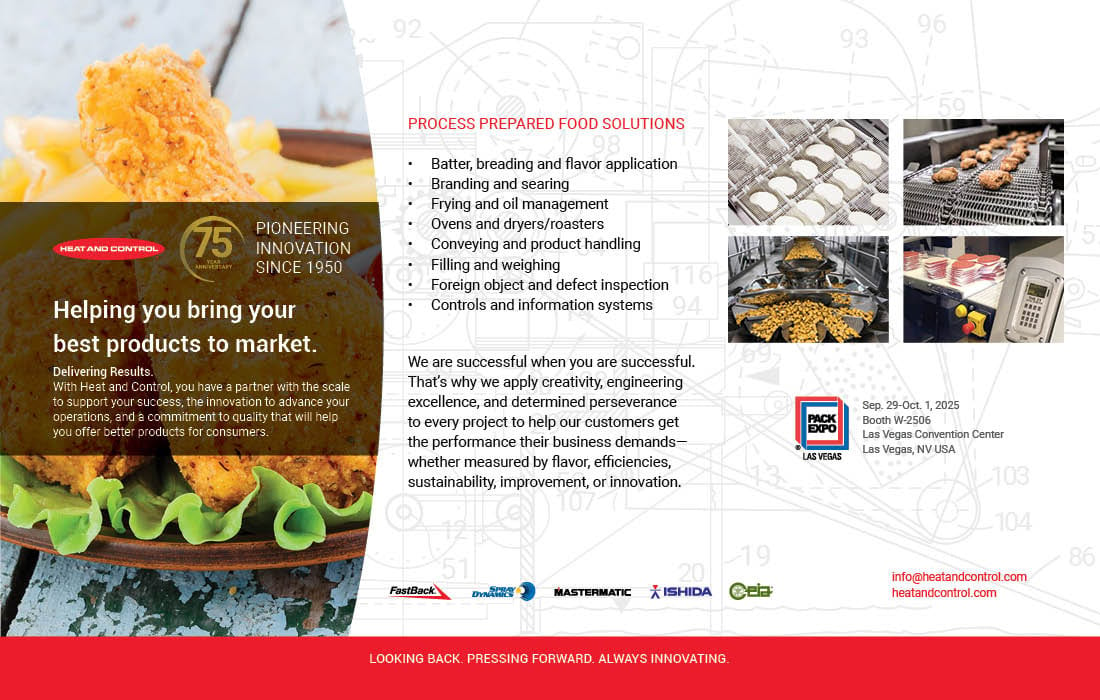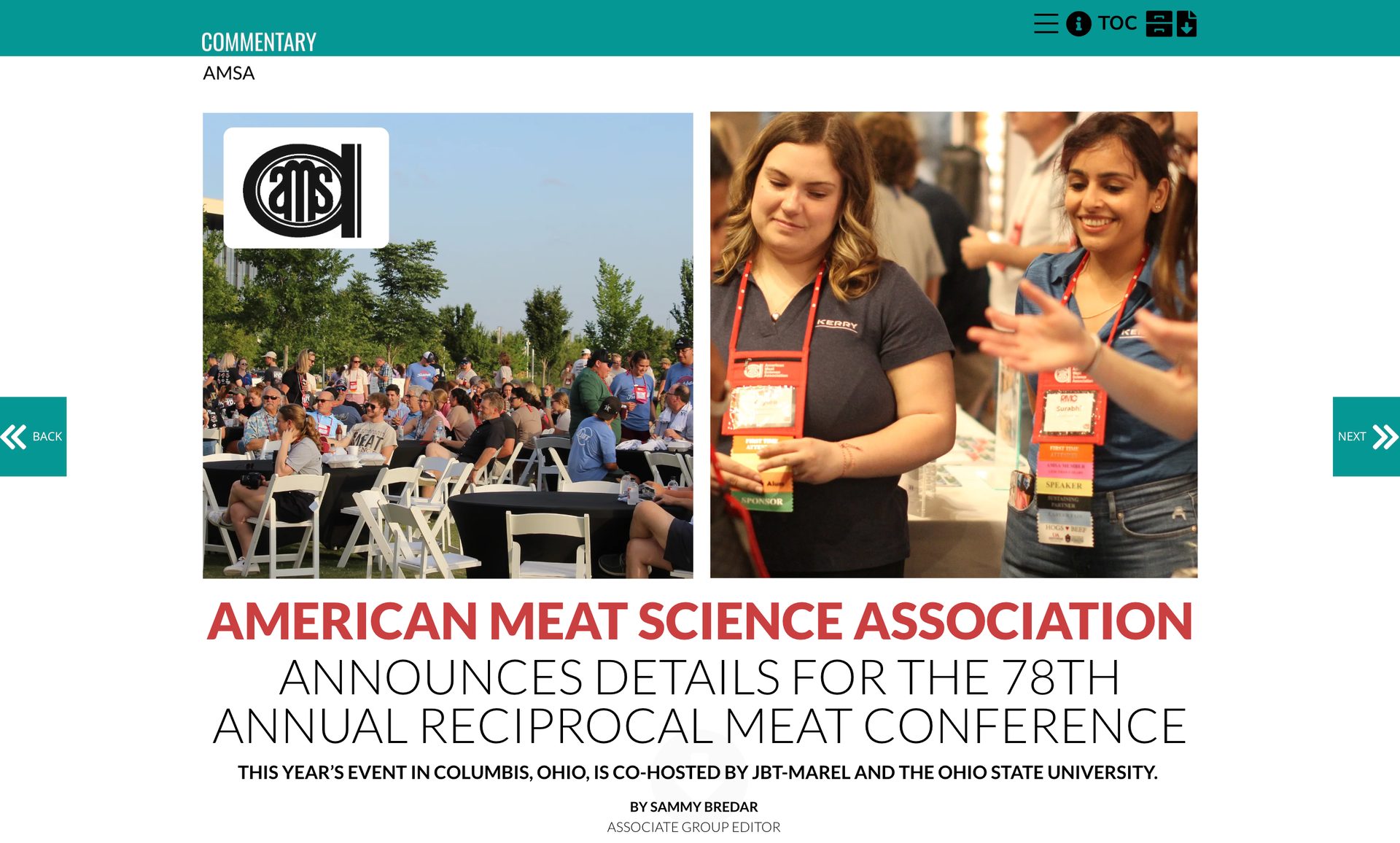Commentary
FIGHT FOR FOOD SAFETY
Both Salmonella
and its proposed regulations – have proven to be elusive
FOOD INDUSTRY COUNSEL LLC
By Shawn K. Stevens
FSIS will continue to evaluate whether current poultry Salmonella performance standards warrant updates.
According to estimates published by CDC, Salmonella (from all sources) causes approximately 1,350,000 million infections in the United States every year. Of the total illnesses, it is estimated that that over 23 percent (or approximately 310,500) are attributable to the consumption of mishandled or undercooked chicken and turkey.
In an effort to combat these numbers, USDA/FSIS has been working in recent years to establish new adulteration standards for Salmonella in raw poultry products. The recent Salmonella Framework proposed rule, which was published by FSIS in August 2024, was designed to prevent raw poultry products, with certain levels and serotypees of Salmonella contamination, from entering commerce, thereby decreasing the levels of consumer illness attributable to raw poultry.
After receiving more than 7,000 comments to the proposed rule and, perhaps, driven in part by the results of the 2024 presidential election, FSIS more recently decided to withdraw its proposed "Salmonella Framework for Raw Poultry Products." Some of the concerns that have been noted centered around FSIS's overall legal authority to establish and enforce such standards, the scientific basis and justification of the proposed measures, feasibility of compliance for industry, and the potential economic impact on poultry producers.
In turn, FSIS’ decision triggered significant debate among industry stakeholders and public health advocates. Industry groups, notably the National Chicken Council (NCC), welcomed the withdrawal. NCC argued that the framework was legally unsound, misinterpreted scientific data, would have led to significant food waste, and would have resulted in unnecessary costs for producers and consumers without delivering any meaningful public health benefits.
Conversely, consumer advocacy organizations and some food safety experts criticized the decision. These groups viewed the proposed framework as a necessary step toward modernizing food safety regulations and reducing the large numbers of annual Salmonella illnesses in the U.S. Critics also expressed concern that withdrawing the proposal would undermine efforts to protect public health to benefit of industry and the detriment of consumers.
While the agency has put the proposed framework “on hold,” FSIS has stated that it remains committed to reducing Salmonella illnesses, and indicated that it will continue, moving forward, to evaluate whether updates to the current poultry Salmonella performance standards are warranted, based on stakeholder feedback and further analysis.
So, just like the pathogens lurking quietly in the shadows of poultry processing establishments, the more recent regulations aimed at reducing or eliminating them have proven to be quite elusive, in their own right, as well.
Opening image credit: GettyImages / koto_feja / Getty Images Plus


